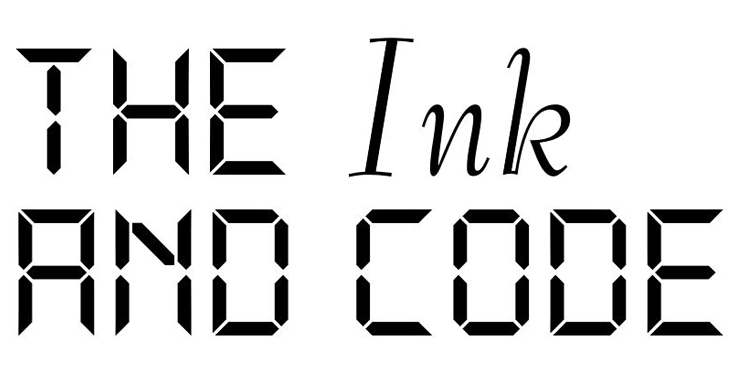London-born Piotr (Itay Tiran) moves to rural Poland to marry Zaneta (Agnieszka Zulewska). Her father Zgmunt (Andrzej Grabowski) has gifted them a lovely but rundown house that’s been in the family. Piotr has plans for restoring the house and the wedding ceremony will be held in the adjacent barn. On the eve of the wedding, Piotr discovers buried human remains on the property. Zgmunt casts doubts as to what Piotr found and urges his new son-in-law not to tell Zaneta. Over the course of the wedding reception, the usually cool Piotr sudden;y becomes more and more erratic. Zgmunt and his son Jasny (Tomasz Schuchardt) work to keep the party going and explain away Piotr’s behavior–he’s on something, he’s epileptic, it’s food poisoning, and so on. It’s soon clear he’s been possessed by a dybbuk, the restless spirit of the young woman whose remains he found.
Director Marcin Wrona tapped into undiscovered facets of the horror genre, which is increasingly rare these days. More importantly, Demon manages to transcend the horror genre to something everyone can appreciate. Without excessive gore (or any gore for that matter) and cheap scares, Wrona produces a work that’s unnerving on a primal level, something that slowly digs its way into your skin. I wasn’t as unsettled by the progression of Piotr’s possession as the other characters’ reaction to it. This notion of keeping the party going produced a great deal of anxiety and discomfort. A few guests get involved in trying to help, but the group as a whole continues dancing and drinking as instructed despite watching Piotr’s frightening descent. With references to World War II and the Nazi invasion of Poland mentioned throughout, it’s easy to draw parallels to the complicity many can have in something terrible. And even those who want to help Piotr are left in the dark by Zgmunt and his family’s history. By the time Zaneta is completely clued in, her new husband is too far gone and Zgmunt would rather have the marriage annulled and forgotten than face the truth.
Itay Tiran’s performance as Piotr is hypnotic and terrifying. We’ve seen possession in film many times, but Tiran displays a mastery of control as his character loses any measure of it. Each body contortion and twitch feels genuine. When the dybbuk speaks through Piotr, it feels like we’re watching another person–he even takes on a certain femininity to convey the spirit oh Hana that possesses. We fear for him because of how increasingly hopeless his situation becomes. The epilepsy dance floor scene is reminiscent of another Polish director’s masterful scene of demonic takeover – when Isabelle Adjani‘s loses her baby in Andrzej Żuławski‘s Possession.
Demon is focused on atmosphere and emotion than concrete answers. Viewers hoping everything will be explained and resolved may be disappointed in how the film unfolds as ambiguity lingers throughout much of finale. More questions are raised. The complicit acts are even greater. More than one life is forever changed. And yet as the party goers stumble out of the barn in the morning light, they know little of what occurred.
The director’s unexpected death on September 18, 2015, a week after the film’s Toronto International Film Festival premiere undoubtedly will cast a shadow over any release the film reserves. It’s unfortunate to know we’ll never see another film from a talented director, but Demon remains an achievement that should be appreciated by audiences everywhere.

